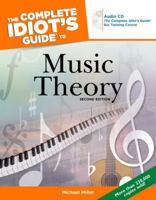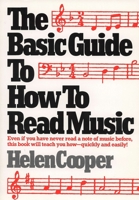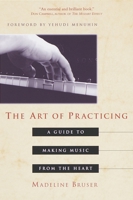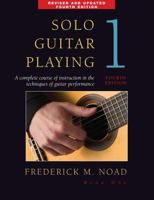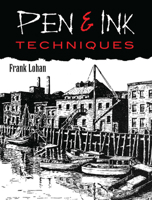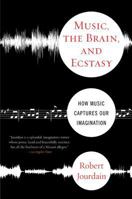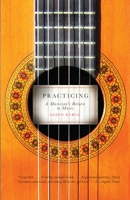Ultra-High Ductility Magnesium-Phosphate-Cement-Based Composites (Uhdmc)
This book systematically discusses the workability, mechanical properties, water stability, and material design methods of ultra-high ductility magnesium phosphate cement-based composites (UHDMC) with PVA fibers, PE fibers, or hybrid fibers. The developed UHDMC possesses strain-hardening behavior, multi-cracking, and ultra-high ultimate tensile strain, which can be used in many engineering projects, such as rapid repair and strengthening of airport runways, roads, bridges, and military installations. Meanwhile, this book covers the development of sprayable UHDMC, which further expands the application scope of UHDMC. This book is expected to provide some technical guidance for the development and design of UHDMC. The book is intended for graduate students who are interested in the ductility improvement of magnesium phosphate cement-based composites, researchers investigating the mechanical properties (strength, toughness, etc.), water stability, microstructure, and sprayabilityof magnesium phosphate cement-based composites, and engineers working on rapid repair of concrete structures.















